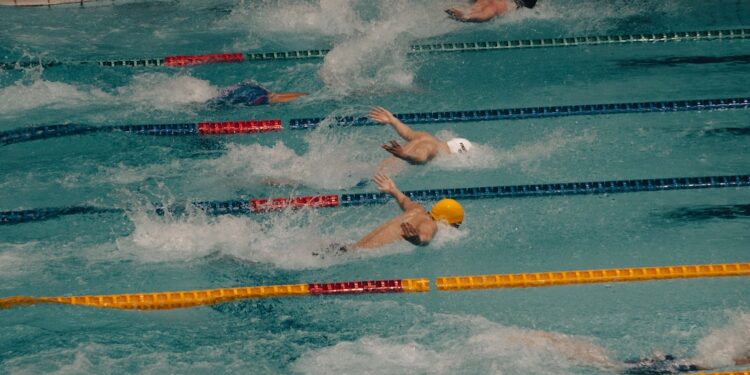Nutrition is a crucial factor in the performance of an athlete. It is essential to fuel the body with the right nutrients to maintain peak performance levels while training and competing. The right nutritional plan can also help in reducing the risk of injuries and illnesses, which might interfere with an athlete’s performance. This article discusses the importance of nutrition for athletes, the types of nutrients needed in a meal, and the best foods to consume before, during, and after exercise.
According to sports nutrition experts, athletes have different dietary requirements compared to the general population. This is because athletes require more energy and nutrients to fuel their intensive workouts. The ideal diet of an athlete should consist of carbohydrates, proteins, and fats in the right proportions. Carbohydrates provide energy to the body, while proteins help in muscle recovery and repair. Fats ensure that the body is functioning optimally.
Carbohydrates
Carbohydrates are the primary source of energy for the body. They provide immediate energy needed for performance during high-intensity exercises. They are essential for endurance to sustain long periods of activity. Examples of good sources of carbohydrates for athletes include rice, pasta, bread, fruits, and vegetables.
Proteins
Proteins are essential for muscle recovery and repair. They help in preventing muscle breakdown and aid in building new and stronger muscles. Athletes need more protein than the general population because of their intense workouts. Examples of good sources of proteins include meat, fish, poultry, dairy products, seeds, and nuts.
Fats
Fats are a vital source of energy during low to moderate intensity exercises. They are also important in the transport of fat-soluble vitamins in the body. Fats are essential in the ideal diet for athletes since they help in moderating blood sugar levels. Good examples of sources of fats include nuts, seeds, olive oil, and avocado.
Hydration
Hydration is a crucial aspect of nutrition for athletes. Proper hydration helps in maintaining and regulating body temperature, blood pressure, and increases the ability to concentrate on the game. Dehydration can cause cramping, fatigue, and decreased performance levels in athletes.
Before Exercise
It is crucial to fuel the body before exercise to ensure maximum performance levels are reached. A meal should be consumed two to four hours before the exercise to allow for proper digestion. The meal should consist of carbohydrates to ensure that the body has enough energy to sustain the activity. Examples of good sources of carbohydrates include rice, pasta, sweet potatoes, and fruits.
During Exercise
Athletes should stay hydrated during exercise. Water is the best fluid to consume before and during exercise. However, for prolonged periods of intense activity, sports drinks with electrolytes and carbohydrates can help in replenishing lost nutrients.
After Exercise
It is important to consume a meal rich in carbohydrates and proteins after exercise to aid in muscle recovery and repair. The meal should be consumed 30 minutes to 2 hours after exercise. An example of a good post-workout meal includes a protein shake with bananas, yogurt, and seeds.
In conclusion, a well-balanced meal plan plays a significant role in ensuring that athletes maintain peak performance levels. Proper nutrition helps in reducing the risk of injuries and illnesses and improving overall health. Athletes should consume different types of food from various food groups to ensure that they get the right nutrients. Hydration is also an essential part of nutrition for athletes. Proper hydration helps in reducing fatigue, cramping, and poor performance.















